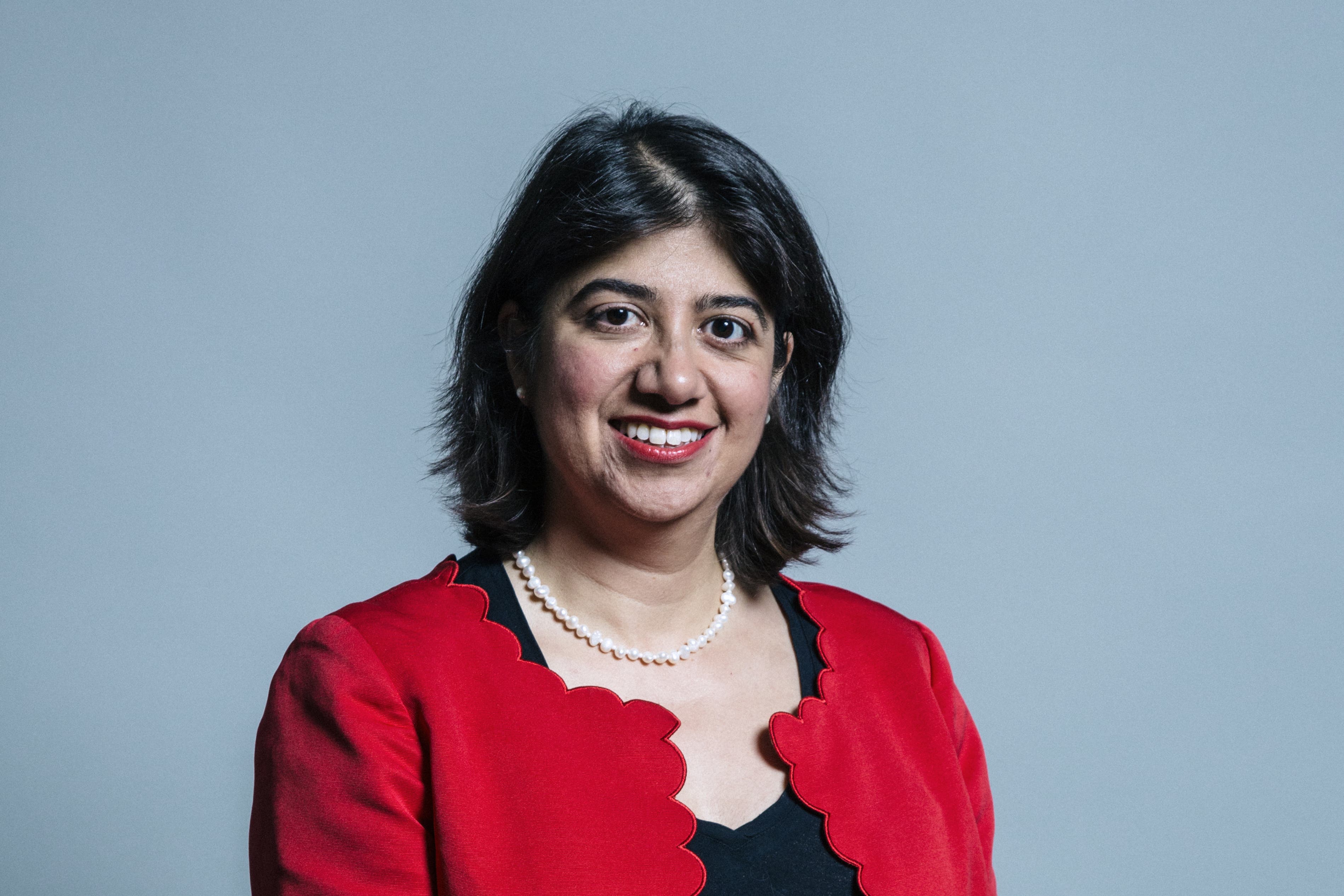MPs’ decisions on assisted dying should be made on ‘secular basis’ – minister
Legislation to change the law on assisted dying faces its first Commons test on Friday.

Your support helps us to tell the story
From reproductive rights to climate change to Big Tech, The Independent is on the ground when the story is developing. Whether it's investigating the financials of Elon Musk's pro-Trump PAC or producing our latest documentary, 'The A Word', which shines a light on the American women fighting for reproductive rights, we know how important it is to parse out the facts from the messaging.
At such a critical moment in US history, we need reporters on the ground. Your donation allows us to keep sending journalists to speak to both sides of the story.
The Independent is trusted by Americans across the entire political spectrum. And unlike many other quality news outlets, we choose not to lock Americans out of our reporting and analysis with paywalls. We believe quality journalism should be available to everyone, paid for by those who can afford it.
Your support makes all the difference.Decisions about assisted dying should be made on a “secular basis”, a Government minister said ahead of MPs voting on the issue on Friday.
Home Office minister Seema Malhotra acknowledged that “people have their faiths” but decisions in Parliament should be “based on the evidence”.
Her comments came after Justice Secretary Shabana Mahmood said she would not support a change in the law on assisted dying because of her Muslim faith.
Ms Malhotra said she would vote against the legislation on Friday, telling Sky News she was “concerned about the challenges, the pressures that could be put on vulnerable people” if there was a change in the law.
She said: “People have their faiths but I think what is important is that when we are making decisions as Members of Parliament we are making them on a secular basis because that’s the way our Parliament is designed in terms of making decisions based on the evidence and arguing the case for law, the advantages, the disadvantages, the concerns in Parliament.
“And I think that is an important principle to me.
“I want to see that we have a debate that is in a way that everybody feels that their voice can be heard, that they can be respected for the views that they hold, that Parliament is able to make a decision on this on Friday and then that we know the Government will abide by the will of Parliament.”
Justice Secretary Ms Mahmood has previously stated she will oppose the Terminally Ill Adults (End of Life) Bill, telling the Times: “As a Muslim, I have an unshakeable belief in the sanctity and value of human life.”
The Bill, which has been put forward by Labour backbencher Kim Leadbeater, faces its first Commons test on Friday.
Campaigner and broadcaster Dame Esther Rantzen, who is terminally ill and has led calls for a change in the law, urged more MPs to be honest if their objections to the Bill were religiously motivated.
She told LBC: “What worries me is the number of people who are guided by their faith – that’s fine, that’s their choice, whether they’re Evangelical, Christian or Catholic.
“Yes, they have the right to choose but please be honest about your real motivation.”